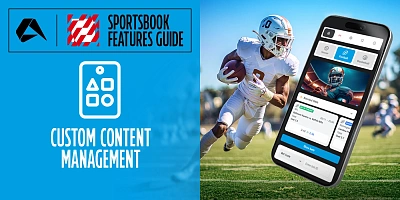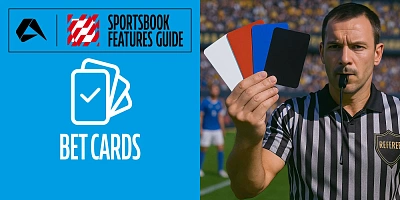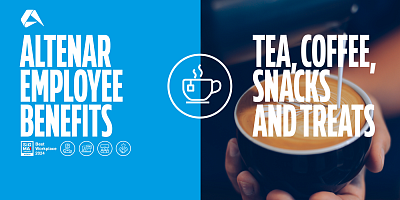Starting out in a new industry can feel overwhelming—especially for those stepping into sports betting for the first time. Many of your players will feel the same and, like most newcomers, they'll turn to the internet to learn everything they can: from betting terminology to top events, sports, and reputable platforms. It’s all part of beginning their journey into sports betting.
That’s why operators can benefit from becoming a one-stop destination for new players—offering cutting-edge technology, premium content, and clear answers to frequently asked questions. These insights can shape player behavior, enhance user experience, promote safer betting practices, and improve player retention.
Once your platform delivers the best of everything, new players will feel right at home. But that leads us to an important question—what do new bettors really want to know as they wade into the world of sports betting?
Educating Players on Betting Terminology Is a Game Changer in Sports Betting
Many players want a return on their money, time, and effort spent on your sports betting platform—or any gambling operation—as it often helps boost morale after losses.
Most operators provide features such as zero margins or bet boosters to help bettors feel heard, appreciated, and that their time is valued by the teams behind their favorite sports betting sites.
One of the most valuable pieces of information you can offer new players is an explanation of the types of bets available on your platform—or generally throughout the sports betting and iGaming industry.
Favorites and Underdogs
These two terms are often self-explanatory. “Favorite” refers to the team oddsmakers expect to win, while “Underdog” refers to the team predicted to lose the game, match, or event.
Spreads
A spread is one of two primary ways to bet on favorites and underdogs. It's based on how a team will “cover” the spread. A favorite “gives” points, while an underdog “gets” points.
Moneylines
The second common betting method is the moneyline, which is based purely on which team will win the game, match, or event. Moneyline bets are available across most sports, but they’re especially popular in baseball, hockey, and soccer.
Over/Unders (Totals)
In an over/under (or totals) bet, oddsmakers set the total number of combined points expected to be scored in a game. Bettors then wager on whether the actual total will be “over” or “under” the line set by the oddsmakers.
Futures Bets
A futures bet is a wager placed on the outcome of a series, season, or award that will be decided in the future. Unlike spreads or totals, these bets are made well in advance and are often placed before a season begins. For example, bettors may place futures on a team to win the Super Bowl or on a footballer to win Player of the Year. Keep in mind: odds for futures bets can shift due to trades, injuries, or other in-season developments.
By understanding these key terms, your players, bettors, and gaming audiences will be better equipped to navigate the iGaming space—one that continues to grow in entertainment value, popularity, and revenue potential.
To learn more about sports betting, wagering, and entertainment in the iGaming industry, contact Altenar—the sportsbook software provider—and explore what its platform can offer you and your players.













